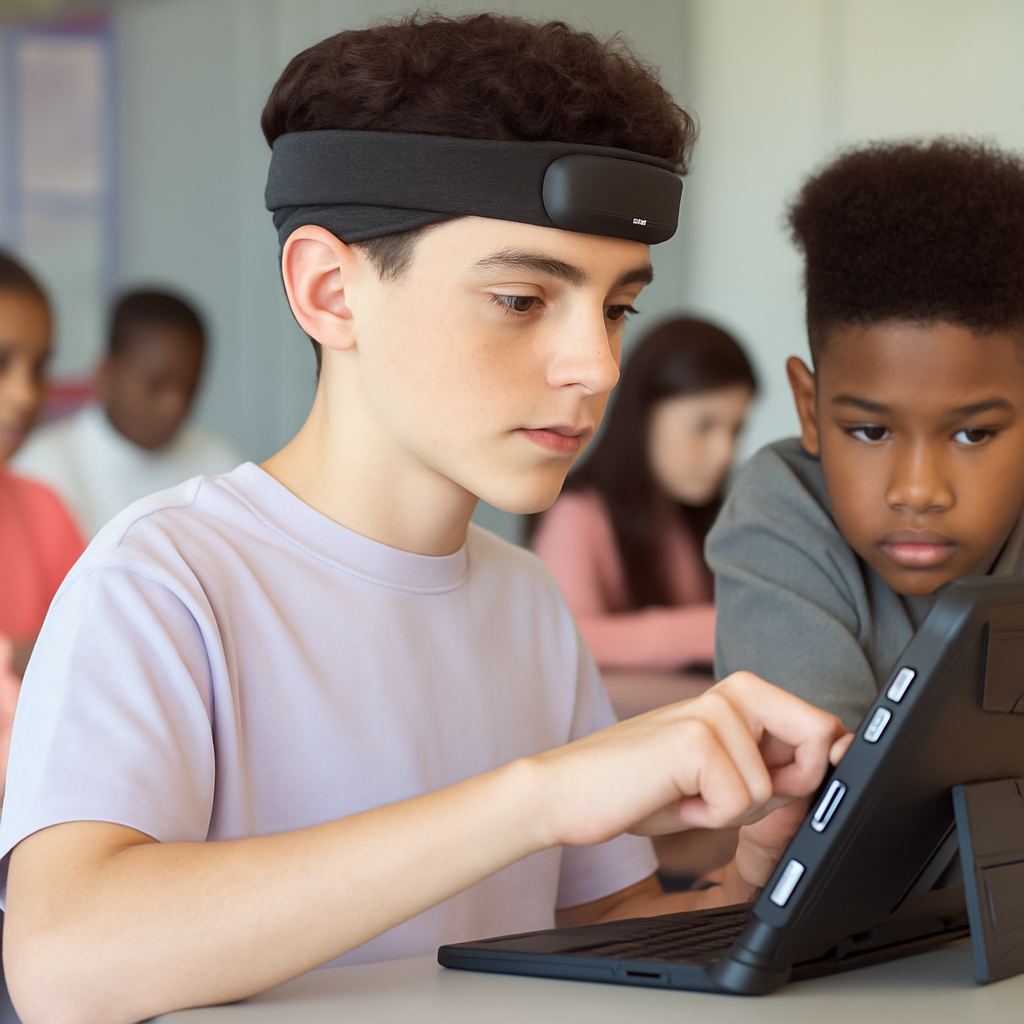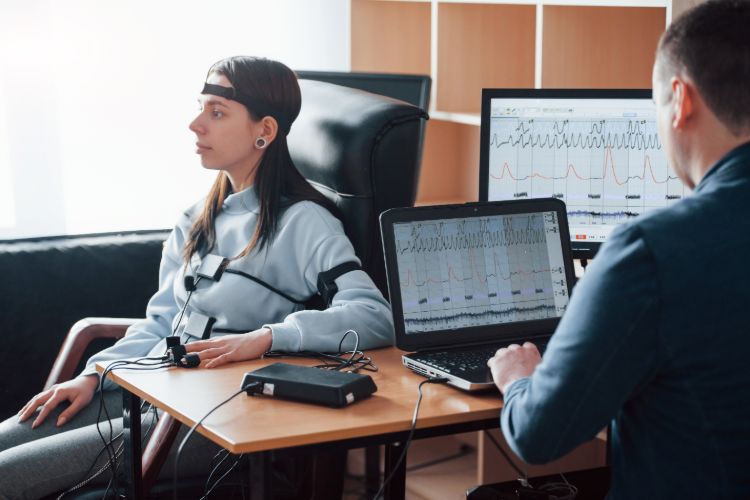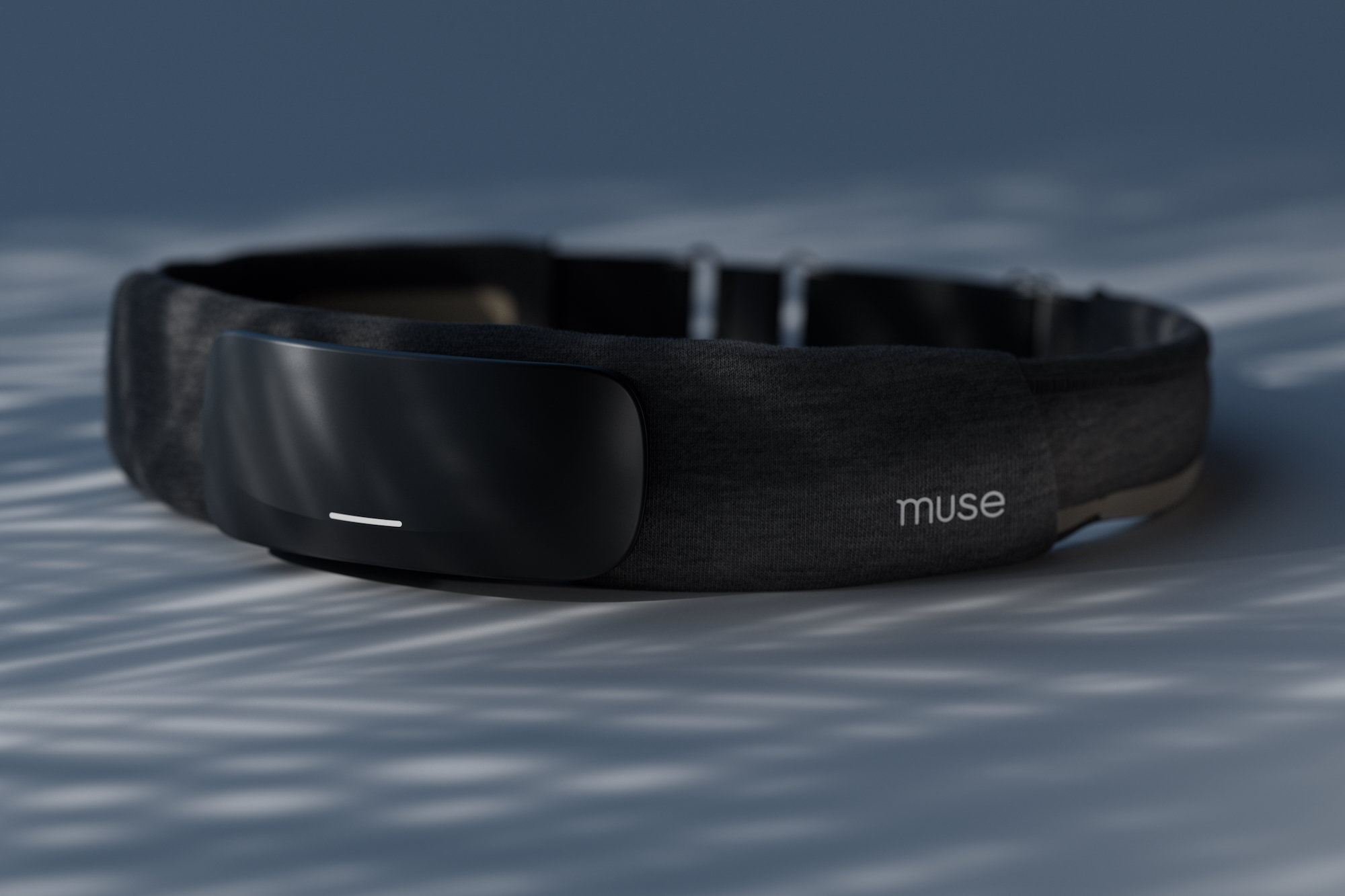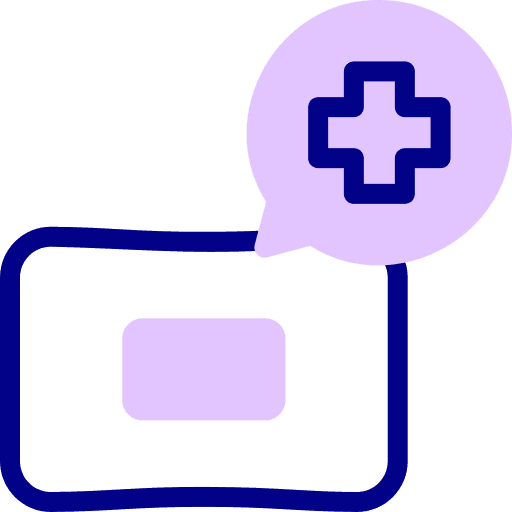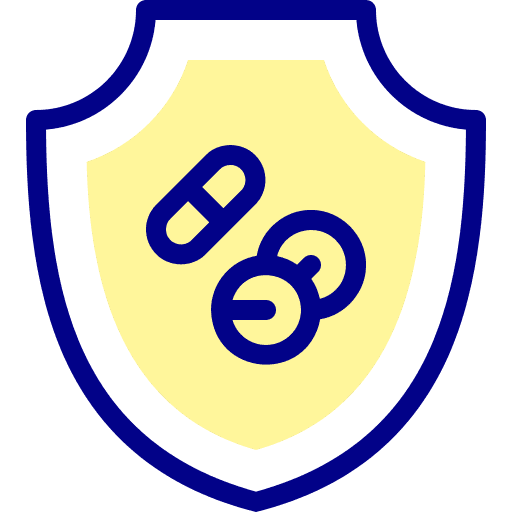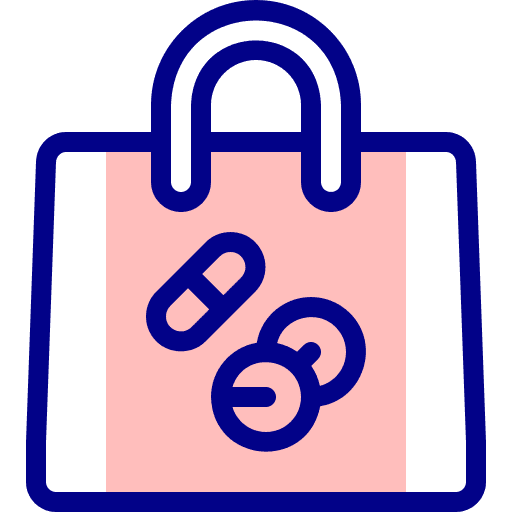The Challenge
Traditional neurofeedback requires 20-40 clinical sessions with a practitioner, driving cost and scheduling burden. Retention in existing solutions is low, with high dropout rates, limiting therapeutic impact. A full course can cost $4,000-$8,000, often not covered by insurance.
